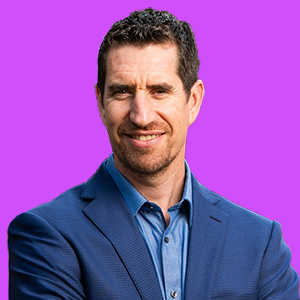Artificial Intelligence is changing how we live and work. But how can AI change how we coach others?
Whether you’re a you’re a leader looking to coach more effectively or a professional coach wanting to expand the way your coaching approach, AI can help. Recent breakthroughs in AI coaching technology allow you to become a great coach faster than ever before.
Great coaching requires great questions, and AI can help. Generally, great questions have three characteristics.
- Open-ended structure
- Tailored to the situation
- Tailored to the person
Most AI can now do two of three, and there’s one that can do all three. Let’s explore each characteristic.
Open-ended structure of great questions
If you want other people to open up, you need to ask open-ended questions. Open-ended questions lead to paragraph-type answers which are rich with information. An example would be, “What’s the most important thing you could do tomorrow?”
Neuroscience shows that open-ended questions produce a lot of neural activity, leading to new thoughts, ideas, and clarity. This is the power move of coaching – getting people to think.
Open-ended questions tend to start with words like who, what, where, why, when, or how. Conversations flow with open-ended, thought-provoking questions.
By contrast, closed-ended questions tend to close down the conversational flow. Most parents have this experience when asking their teenage children, “Did you have a good day at school?”
Closed-ended questions generally lead to a yes/no response. Neuroscience shows that closed ended questions produce very little neural activity. There’s very little information added to the conversation.
The primary function of closed-ended questions is gaining commitment. For example, “Will you do this by Friday?” You want a yes or no.
Most of the time, well-meaning leaders or coaches ask closed-ended questions unintentionally, then wonder why the conversation feels stilted or strained.
For great coaching, you need the majority of your questions to be open-ended to get others to open up a thoughtful conversation. You can do an internet search or AI query for open-ended questions, and you’ll get a list of lots of them.
But just having a list of generic coaching questions won’t lead to great conversations, since we now know that styles influence great questions.
Open-ended questions and RESPECT Coaching Styles™
Every question has a style behind it. In fact, every statement does too. RESPECT Coaching Styles™ are revolutionizing the coaching world. Based on rigorous research, there are seven distinct styles that shape our questions.
Great coaching requires capability in all seven RESPECT Coaching Styles™. Whether open-ended or closed-ended questions, the style influences the way the coachee thinks via the framing of the question.
Here are examples of open-ended questions in each of the RESPECT styles:
Rallier: “What’s your goal?”
Educator: “What do you already know about this?”
Strategist: “How could you solve this problem?”
Provocateur: “What faulty assumption are you making?”
Explorer: “What’s important to you?”
Confidant: “How are you feeling?”
Transformer: “What kind of leader do you want to become?”
Each of these questions has a different intention and framing. For more on the RESPECT Coaching Styles™ as a leader or coach, feel free to read our additional blogs.
While coaches need to learn and understand RESPECT Coaching Styles™ to become truly great coaches, we still need to tailor questions to the situation.
Tailor coaching questions to the situation
If asked you, “What do you think?” you’d probably say, “About what?” The question was too general.
If you want to be a great coach, you need to tailor your questions to the context of the conversation. For example, if instead of “What do you think?” I said, “What do you think is your most important accomplishment last week?” you’d have a more specific answer.
But imagine you’re having a conversation with someone who just had a tough conversation with their boss after a failed project. They feel angry and overwhelmed. They say, “I’m just feeling undervalued, since I worked hard on this project?”
A tailored coaching question would be, “What do you think your boss is feeling after the failed project?”
This question won’t show up on a generic question list, because it’s specific to the context.
AI now allows us to request coaching questions for a situation like this. Using large language models (LLMs), you describe the current situation and ask for questions to address it. You’ll get a list of questions that relate to the context you described.
This use of AI creates a big improvement over the generic list of questions from traditional Google searches.
That said, AI isn’t a coach and the questions you get will be hit or miss. They’ll also primarily represent 1 of 7 RESPECT Coaching Styles™. Most AI-generated questions will be in the Strategist style. They’re helpful, but Strategist questions only representing 14% of the possibilities.
Nevertheless, most AI can serve up tailored questions. But great coaches not only ask open-ended, situationally-tailored questions – their best questions are tailored to the preferences of the person they’re coaching.
Tailor coaching questions to the person
Not everyone wants the same type of questions. Regardless of whether you’re a leader coaching your direct reports or a professional coach working with clients, everyone is different.
Great coaching adapts questions to the style preferences of the person getting coached. With the recent breakthroughs derived from the RESPECT Coaching Styles™, we can now not only tell the styles coaches use, but we can now determine the coaching styles each coachee or direct report prefers.
This is a huge deal, and there’s even an assessment revealing exactly how someone wants to be coached, called the RESPECT Coachee Preference™ Assessment™.
Great coaching questions are adapted to the person we’re coaching.
Until now, AI hasn’t been able been able to adapt questions to specific people who are being coached.
A breakthrough in AI coaching technology
It seemed unfathomable to get AI to create real coaching questions that any leader or professional coach could ask.
However, OwlHub’s new AI Coaching Co-pilot, named Ollie, is the first technology to generate open-ended coaching questions that are adapted to each situation and each individual, based on the RESPECT Coaching Styles™ they want most.
Leaders can now type in the situation they’re facing, and get great open-ended tailored questions for the individual and situation. No longer do leaders need to struggle with how to start a conversations, in one-on-ones or any other scenario.
Professional coaches can now generate questions that will stretch their use of various styles and have questions that deeply resonate with their clients. It’s like having a brainstorming partner or colleague, helping you pick new questions you wouldn’t have thought to ask.
But how good are the questions Ollie produces? Ollie pulls from hundreds of thousands of questions that are based on the research-based RESPECT Coaching Styles and my 27 years of professional and executive coaching experience. Then Ollie adapts them to the situation and person, generating questions that grow the coach and fit the coachee’s preferences.
This is the future of AI Coaching. This technology is intended to support leaders and coaches to ask great coaching questions with less effort and time. Now anyone can ask coaching questions like the pros, given the right support.
AI coaching questions for everyone
In summary, until now AI could generate questions. AI could even tailor questions to situations. That said, AI models like ChatGPT, Gemini, or others aren’t trained coaches. But now with Ollie, AI can adapt research-backed coaching questions to the situation and coachee, just like a real coach.
OwlHub’s AI Coaching Copilot isn’t intended to replace coaches. Instead, it’s intended to empower leaders and coaches to generate powerful open-ended questions that are tailored to the unique situation and individual being coached.
As a result of these recent AI breakthroughs, richer human-to-human conversations become possible. After all, there’s nothing worse than stumbling through a conversation or struggling to figure out how to address the most important topics with people we care about.

David Morelli, PhD
David is the CEO and co-founder of OwlHub and the creator of the RESPECT Coaching Styles™. He has 25 years of executive coaching and leadership development experience. When he's not inspiring people to grow, you can find him making a fool of himself onstage as an improviser.

